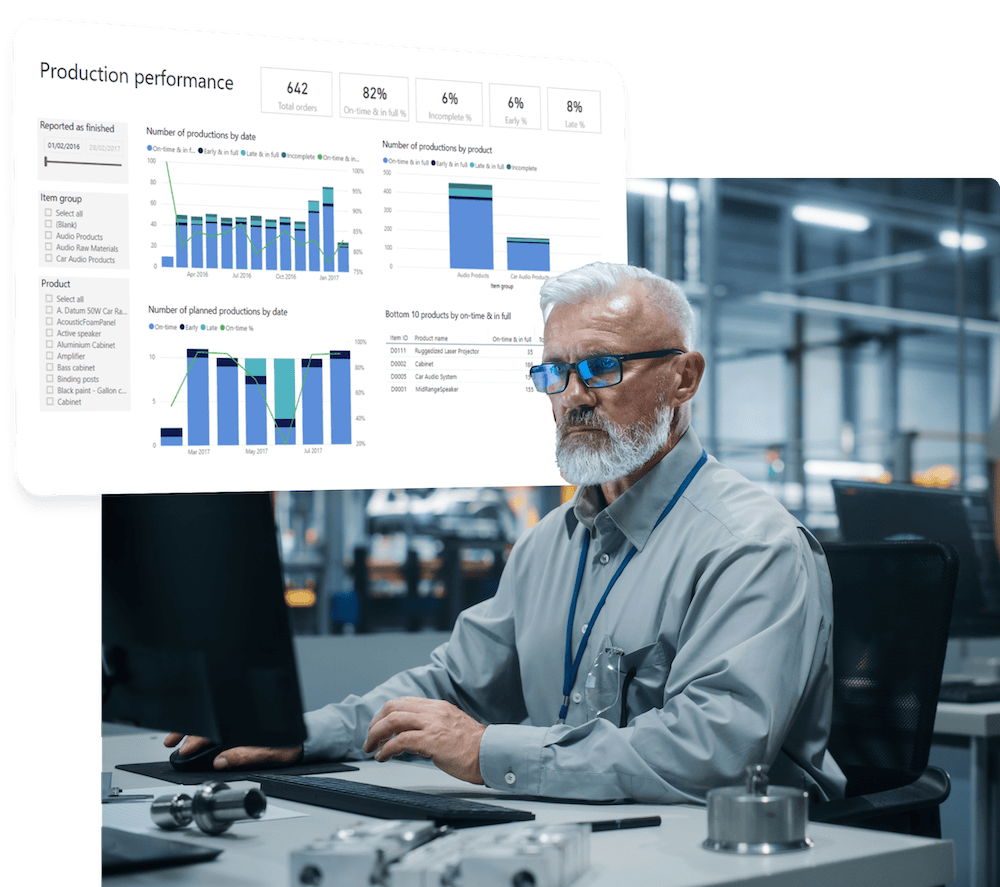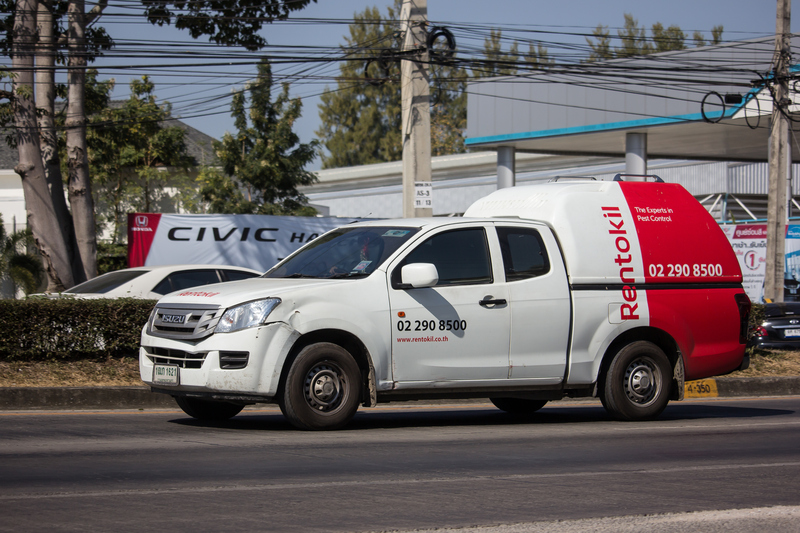Renewable Energy companies
The Renewable Energy industry is experiencing rapid growth worldwide, driven by increasing demand for clean energy solutions and the urgent need to combat climate change. Companies operating in in wind, solar, hydro, or other sustainable energy—face complex challenges when managing large-scale projects across multiple countries.
Key challenges in the industry
Managing multi-country projects and installations
Coordinating renewable energy projects, such as solar farms or wind installations, across multiple regions with varying regulations, logistical challenges, and environmental conditions.
Supply chain and asset management
Efficiently managing the procurement of components like turbines, solar panels, and other critical equipment across borders while ensuring that assets are properly maintained and operational across different geographies.
Regulatory compliance and sustainability standards
Navigating complex local and international environmental regulations, government incentives, and sustainability standards that vary from region to region.
Cost management and funding across multiple economies:
Manage project budgets, handle multi-currency transactions, and secure funding in different regions while controlling operational costs to ensure the profitability of renewable energy projects.
Monitoring performance and energy output
Monitoring the performance of energy-generating assets, ensuring they meet expected output targets and remain operationally efficient across diverse climates and geographical locations.

Driving efficiency in global Renewable Energy operations with international ERP
Implementing an international ERP system is essential for companies operating in the renewable energy sector. This system will help them manage the complexities of global projects and ensure sustainable energy production. From optimizing supply chains and managing assets to ensuring regulatory compliance and tracking energy output, a well-designed ERP solution enables renewable energy companies to meet their operational and financial goals.
An ERP system addresses industry-specific challenges such as multi-country project coordination, regulatory compliance, and asset management. It helps renewable energy firms streamline operations, control costs, and enhance energy production efficiency. With the right ERP system, renewable energy companies can scale their operations, maximize their impact, and contribute to a cleaner, more sustainable global energy landscape.
Tailored solutions
- Global project management and scheduling: ERP systems provide tools for managing large-scale renewable energy projects, from planning and development to execution and maintenance. With real-time visibility into project timelines, resource allocation, and costs, companies can ensure that projects are delivered on time and within budget, regardless of location.
- Supply chain and asset management: An ERP system ensures efficient procurement and management of key renewable energy assets, such as wind turbines and solar panels. It also helps companies track asset lifecycles, schedule maintenance, and monitor asset performance, ensuring that energy-generating equipment operates optimally.
- Regulatory compliance and sustainability reporting: ERP systems help renewable energy companies comply with local and international environmental regulations, including carbon reporting, renewable energy credits, and government subsidies. Automated compliance tools make it easier to track regulatory changes and ensure that projects align with sustainability targets.
- Multi-currency and financial management: Renewable energy companies often operate in different economic environments, making financial management across borders essential. ERP systems provide tools for managing multi-currency transactions, tracking project costs, and handling international taxes and financial reporting. This ensures companies maintain financial transparency and control, even in complex global markets.
- Performance monitoring and analytics: ERP systems offer real-time monitoring of energy output and asset performance, allowing renewable energy companies to track key performance indicators (KPIs) such as energy yield, efficiency, and downtime. This helps projects meet their production targets and operate efficiently across different regions and environmental conditions.
Key factors for successful ERP implementation
- Comprehensive project management tools: The ERP system should provide robust project management features, offering real-time visibility into project progress, costs, and resource allocation. This ensures that renewable energy projects, such as wind farms or solar installations, stay on schedule and within budget, regardless of location.
- Supply chain and asset management: The ERP should include tools for managing the procurement and maintenance of renewable energy assets, ensuring optimal performance, and extending the lifecycle of critical equipment. Real-time inventory and supply chain logistics tracking are essential for ensuring timely delivery and installation of components.
- Regulatory compliance and sustainability: The ERP system must offer built-in compliance tools for managing environmental regulations, reporting on renewable energy credits, and meeting local and international sustainability standards. Automated reporting and real-time compliance tracking help companies stay aligned with government incentives and regulations.
- Financial management and multi-currency support: Ensure the ERP system offers robust financial management capabilities, including multi-currency transactions, tax compliance, and financial reporting across multiple regions. This helps renewable energy companies maintain financial transparency, control project costs, and manage international funding.
- Performance monitoring and energy output tracking: The ERP system should provide real-time analytics and monitoring tools to track energy output and performance of renewable energy assets. This helps companies optimize the efficiency of their operations, reduce downtime, and ensure that energy projects meet expected production targets.
Get in touch
Send us an email
Let us know what your challenges are all about. We are here to help.
Customer Success Stories
Read about how we helped other companies in your industry

High quality international roll-out for Mundipharma Switzerland
Pipol is pleased to announce that this week our customer Mundipharma Switzerland, together...
3 min read

Rentokil Initial Standardizes Global Reporting Processes with Microsoft Dynamics
“We can consistently use the region’s standard reports and add-on tools. Thanks to...
4 min read

Roland Europe Group Streamlined their Warehouse and Financial Operations with Microsoft Dynamics 365
Roland Europe Group, a leading player in the musical instruments and professional audio...
4 min read
